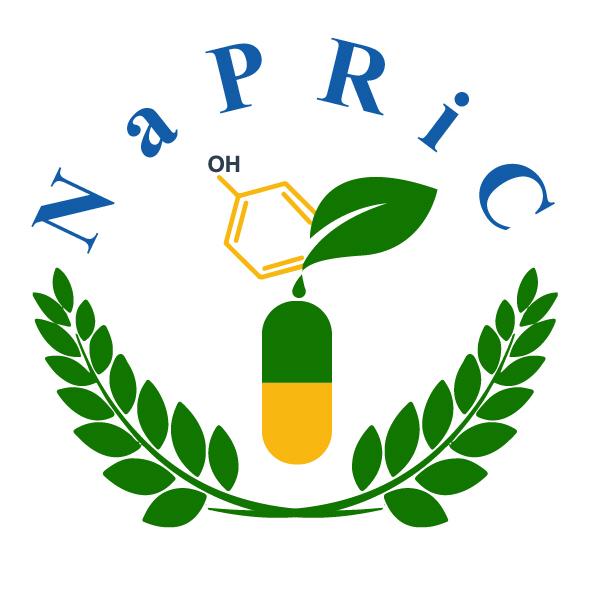Laboratory scale production of beta propiolactone (BPL) from cassava for application in the pharmaceutical industrial value chains
β-propiolactone (BPL) plays a vital role in vaccine development as it inactivate viruses and bacteria while preserving antigenicity. The treatment of viruses and bacteria with BPL modifies their genetic material, rendering them non-infectious while preserving their structural and immunogenic properties. BPL can be synthesized through different methods but most of them are based on fossil fuel. This project proposes conversion of cassava starch to BPL. The conversion of cassava to BPL in Uganda holds several significant benefits for the country. Cassava is a renewable and abundant crop that requires relatively low inputs compared to other crops. BPL produced from cassava has lower carbon emissions compared to fossil fuels, contributing to the reduction of greenhouse gas emissions. Converting cassava into BPL adds value to the crop and creates market opportunities beyond traditional cassava products.

